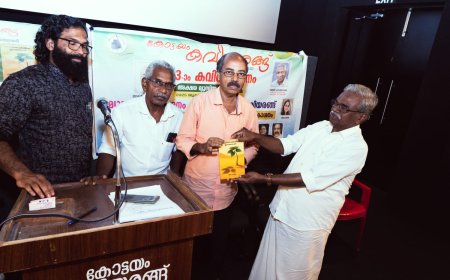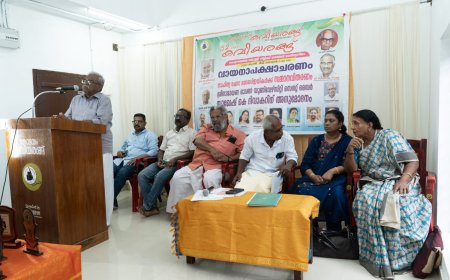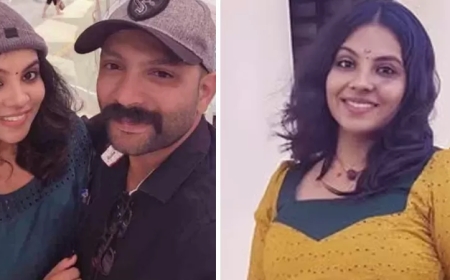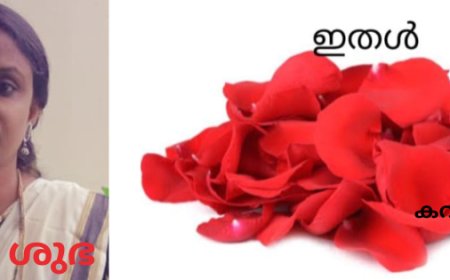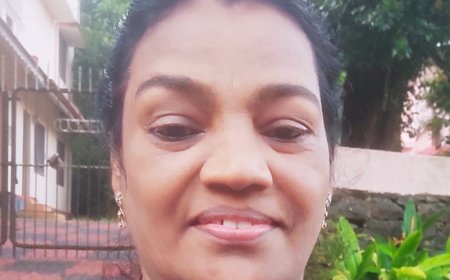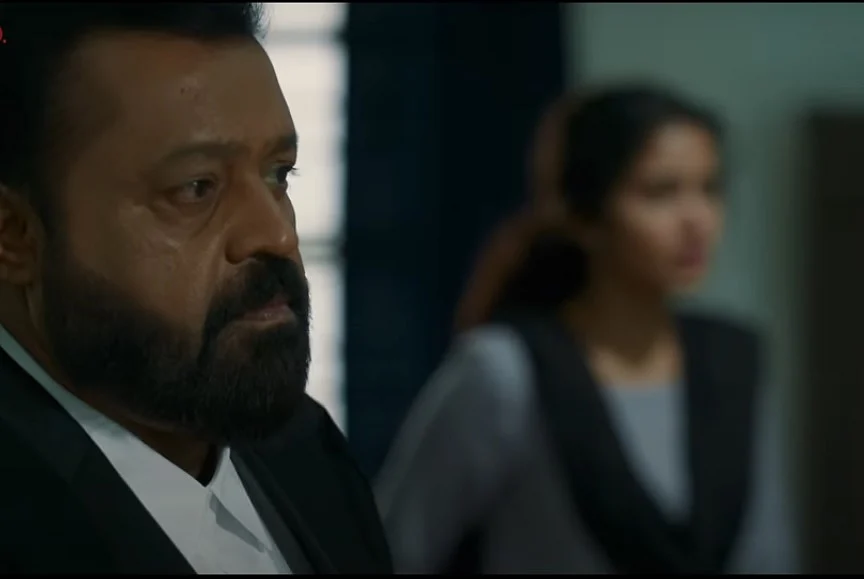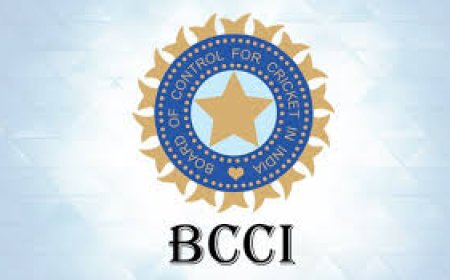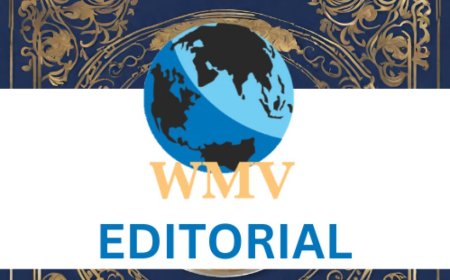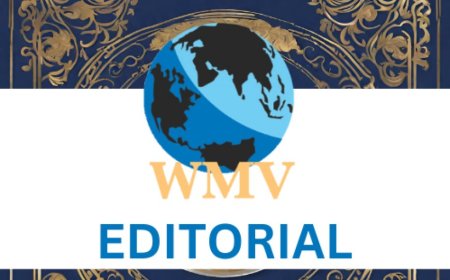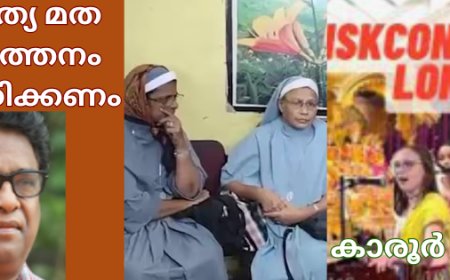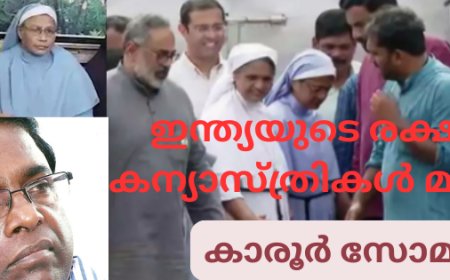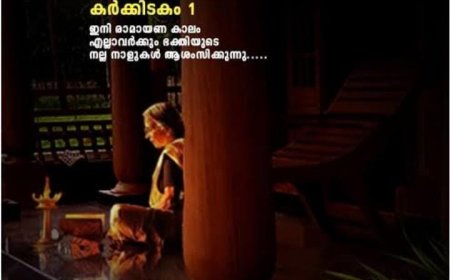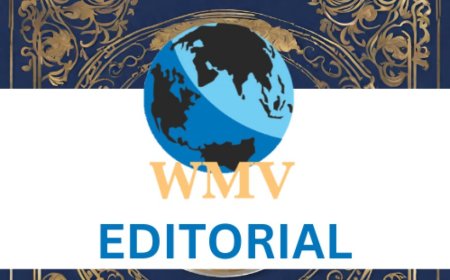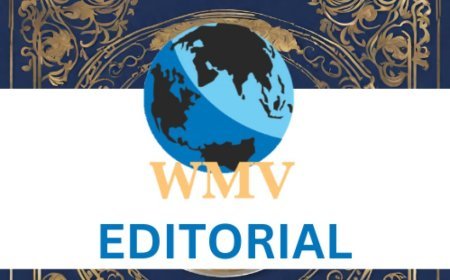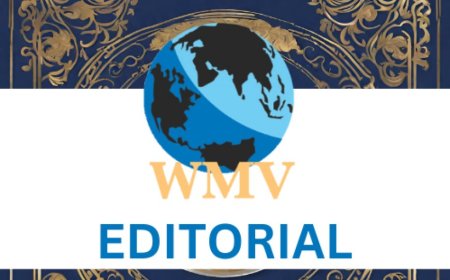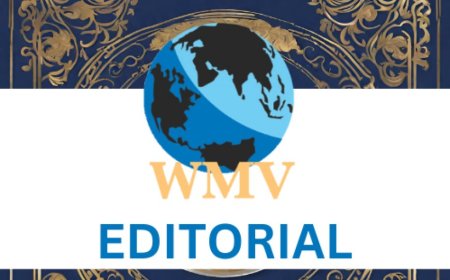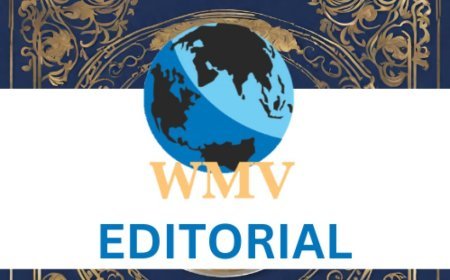Supreme Court dismisses Justice Yashwant Varma’s plea in cash-at-home scandal
Justice Yashwant Varma’s case: The Supreme Court held that the in-house committee's constitution and the procedure followed by it for inquiry into the incident were not illegal.

THE Supreme Court on Thursday, 7 August, dismissed a writ petition filed by Allahabad High Court Justice Yashwant Varma regarding the cash-at-home scandal.
Justice Varma's plea challenged the in-house inquiry report, which indicted him in the case-at-home scandal, and the recommendation made by former Chief Justice of India (CJI) Sanjiv Khanna to impeach him over the recovery of a large sum of unaccounted cash at his official residence in Delhi.
Pronouncing the judgment, the Supreme Court bench held at the outset that the writ petition could not be entertained at all, in view of Justice Varma's conduct in participating in the in-house inquiry and later questioning the competence of the in-house panel to conduct the inquiry.
The Supreme Court held that the in-house committee's constitution and the procedure followed by it for inquiry into the incident were not illegal.
According to Bar and Bench, the Supreme Court framed six issues in the matter and held the following:
1. Maintainability: It held that a writ petition challenging the conduct of a sitting judge under an in-house mechanism was not maintainable.
2. Legal Procedure: The in-house procedure enjoys legal sanctity and is not a parallel mechanism outside the constitutional framework.
3. Violation of Rights: The Court found no violation of the petitioner’s (Justice Varma's) fundamental rights.
4. Compliance with process: The Chief Justice of India and the inquiry committee “scrupulously followed the process.” The uploading of photographs and videos was deemed non-essential, especially as no objection was raised at the time.
5. Communications to Executive: Sending the report to the Prime Minister and President was not unconstitutional.
6. Liberty: The court left open the possibility for Justice Varma to raise grievances through appropriate remedies in the future, if required.
Live Law reported that the bench also dismissed a writ petition filed by Advocate Mathews J Nedumpara seeking registration of an FIR against Justice Varma.
Cash-at-home scandal
The issue pertains to the discovery of a huge pile of currency notes at an outhouse of the official residence of Justice Varma, then a judge of the Delhi High Court, during a fire-fighting operation on 14 March.
A video showed bundles of cash burning in the fire. The recovery led to a huge public controversy.
The then CJI Sanjiv Khanna had constituted an in-house inquiry committee of three judges - Justice Sheel Nagu (then Chief Justice of Punjab & Haryana High Court), Justice GS Sandhawalia (then Chief Justice of Himachal Pradesh High Court) and Justice Anu Sivaraman (Judge, Karnataka High Court).
Meanwhile, Justice Varma was repatriated to the Allahabad High Court, and his judicial work was withdrawn pending the inquiry.
The committee submitted its report to CJI Khanna in May, which the CJI forwarded to the President and the Prime Minister for further action, after Justice Varma refused to heed the CJI's advice to resign.
The three-judge in-house inquiry committee termed Justice Varma's conduct after the fire incident “unnatural”, leading to certain adverse inferences against him.
Last week, MPs from Rajya Sabha and Lok Sabha circulated a notice of impeachment with the requisite signatures.




